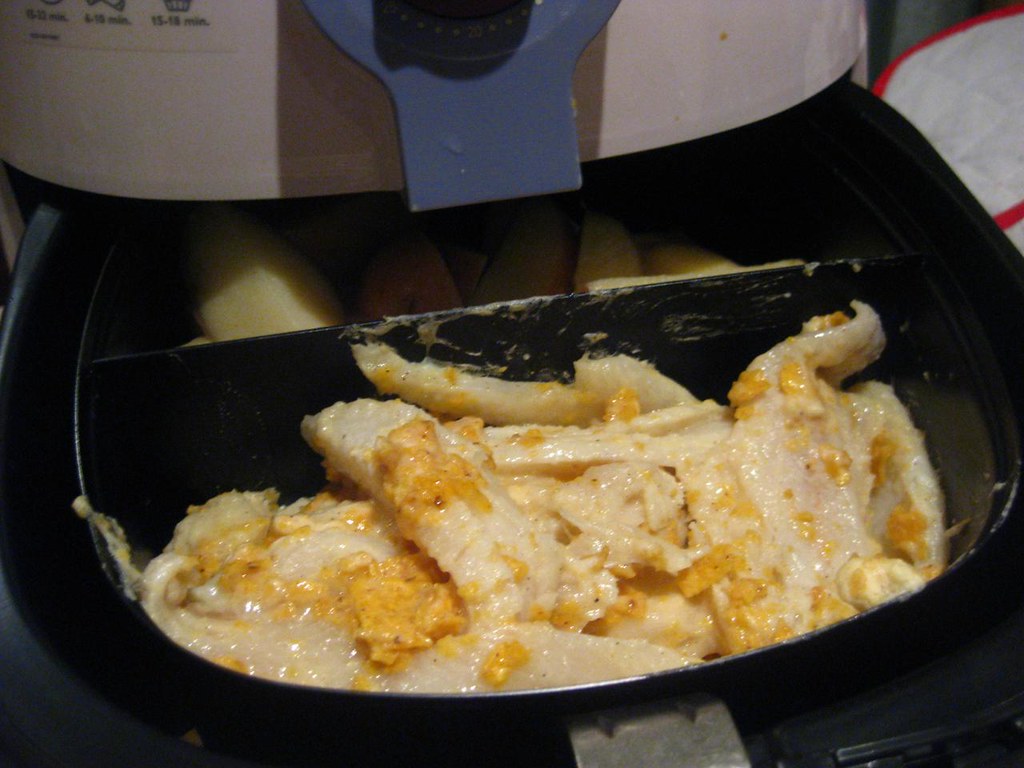The Pros and Cons of Quartz Countertops
Exploring the Benefits and Drawbacks of Quartz Countertops
Quartz countertops have become increasingly popular in kitchen design due to their durability, low maintenance, and attractive appearance. As an engineered stone, quartz offers a range of benefits for homeowners. However, there are also some potential drawbacks to consider when choosing quartz for your countertops. In this article, we will explore the advantages and disadvantages of quartz countertops to help you make an informed decision for your home.
Quartz countertops are made from a combination of natural quartz stone and resin, making them strong and non-porous. This manufacturing process gives quartz countertops a wide range of colors and patterns, making them a versatile option for various kitchen designs. While quartz countertops have many advantages, such as scratch and stain resistance, there are also some downsides to consider, including cost and heat resistance. Understanding both the pros and cons of quartz countertops is essential for anyone considering this material for their kitchen renovation.
Pros
Quartz countertops offer a range of benefits that make them an attractive choice for homeowners looking to upgrade their kitchens. From durability to design flexibility, there are several compelling reasons to consider quartz for your countertops.
Durability and Low Maintenance
Quartz countertops are highly durable and require minimal maintenance. They are resistant to scratches, chips, and stains, making them ideal for busy kitchens where spills and heavy use are common. Additionally, quartz does not require sealing, unlike natural stone countertops, making it a convenient option for homeowners.
Variety of Colors and Patterns
Quartz countertops are available in a wide variety of colors and patterns, allowing homeowners to find the perfect match for their kitchen design. Whether you prefer a classic, marble-like appearance or a bold, contemporary look, there is a quartz countertop to suit your style and aesthetic preferences.
Hygienic and Non-Porous Surface
The non-porous nature of quartz countertops makes them resistant to bacteria and germs, promoting a more hygienic kitchen environment. This feature also makes quartz an easy-to-clean option, as spills and messes can be wiped away without the risk of staining or lingering odors.
Consistent Appearance
Unlike natural stone, quartz countertops offer a consistent appearance throughout the slab, ensuring that your kitchen surfaces have a uniform look. This uniformity can be particularly appealing for homeowners seeking a sleek and polished aesthetic in their kitchen.
Impact Resistance
Quartz countertops are engineered to be impact-resistant, making them less likely to chip or crack compared to other materials. This durability can provide peace of mind for homeowners who want long-lasting and reliable kitchen surfaces.
Stain Resistance
Quartz countertops are highly resistant to staining, as their non-porous surface does not absorb liquids. This makes them easy to clean and maintain, especially in areas where spills and heavy use are common.
Uniformity in Slab Size
Quartz countertops are manufactured in uniform slab sizes, which provides consistency in installation and ensures a seamless appearance. This allows for easier planning and reduces the need for any adjustments during the installation process.
Missing a pro?
Let us know which pro you are missing!
Cons
While quartz countertops offer many advantages, there are also some potential drawbacks to be aware of before making a decision. Understanding the limitations of quartz can help you evaluate whether it is the right choice for your kitchen renovation project.
Heat Resistance
Quartz countertops are not as heat-resistant as materials like granite or concrete. Placing hot pans or pots directly on the surface can lead to discoloration or damage, requiring the use of trivets or hot pads to protect the material.
Susceptibility to Chemical Damage
While quartz is resistant to many household stains, it can be damaged by harsh chemicals and solvents. Exposure to abrasive cleaners or acidic substances like lemon juice can affect the surface of quartz countertops, requiring careful cleaning and maintenance.
Cost Considerations
Quartz countertops are generally more expensive than some other countertop materials, such as laminate or tile. While the initial investment may be higher, many homeowners find that the durability and longevity of quartz justify the cost over time. However, budget-conscious consumers should weigh the upfront expenses against long-term benefits.
Not Completely Heatproof
Although quartz is heat-resistant to a certain extent, it is not completely heatproof. Sudden and extreme changes in temperature, such as placing a frozen item directly on the surface, can cause thermal shock and potentially lead to cracking.
Limited Outdoor Use
While quartz countertops are suitable for indoor use, they are not recommended for outdoor applications. Exposure to UV rays and outdoor elements can cause discoloration and damage to the material, limiting its viability for outdoor kitchens or barbeque areas.
Vulnerability to UV Exposure
Quartz countertops are not suitable for outdoor use or spaces with prolonged exposure to direct sunlight, as UV rays can cause discoloration and compromise the material's integrity. It is essential to consider this limitation when planning the placement of quartz countertops.
Potential for Visible Seams
While quartz countertops offer uniformity in slab size, the seams in the material can be more noticeable compared to natural stone options. Careful consideration and skilled installation are necessary to minimize the visibility of seams for a more aesthetically pleasing result.
Missing a con?
Let us know which con you are missing!
Conclusion
In conclusion, quartz countertops offer a range of benefits, including durability, design versatility, and low maintenance. However, it's important to consider potential drawbacks such as heat resistance and cost before committing to quartz for your kitchen renovation. By weighing the pros and cons, homeowners can make an informed decision that aligns with their practical needs and aesthetic preferences.
What do you think?
Do you think the pros outweigh the cons?







